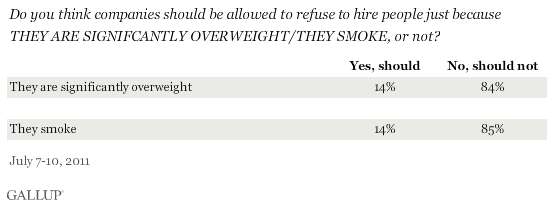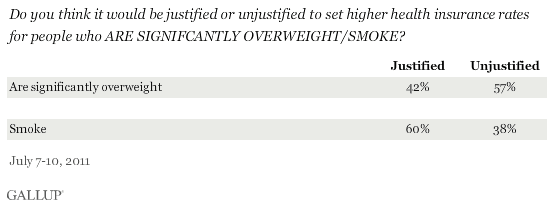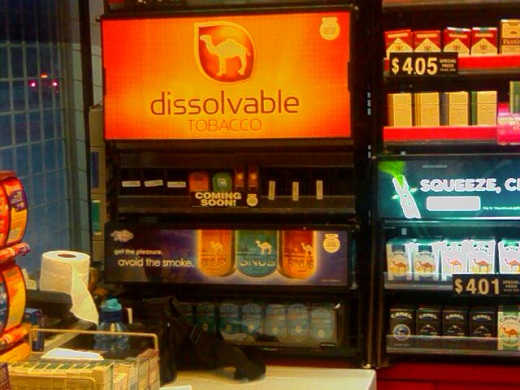Snuff Use May Increase the Risk for Heart Failure?
Posted on
Use of smokeless tobacco (or snuff) may increase the risk for heart failure, mainly of nonischemic origin and chiefly by increasing blood pressure and heart rate, a Swedish study found.
When adjusted for age, the use of smokeless tobacco among a cohort of older men was associated with a more than twofold risk of developing heart failure compared with non-users (HR 2.42, 95% CI 1.37 to 4.27), according to Gabriel Arefalk, MD, of Uppsala University Hospital in Uppsala, Sweden, and colleagues.
When further adjusted for current smoking dose, pack-years of smoking, diabetes, body mass index, occupational classification, alcohol use, and myocardial infarction before baseline, the use of snuff resulted in a hazard ratio of 2.08 (95% CI 1.03 to 4.22), they reported online in the European Journal of Cardiovascular Prevention & Rehabilitation.
The researchers noted the increased use of smokeless tobacco in Scandinavia, but also pointed out that the U.S. is the world’s largest snuff market, with an annual growth rate of 6%.
Ugh! While tobacco smoking rate is decreasing or stable in the United States, smokeless tobacco IS increasing.
While tobacoo consumers may bypass the deleterious atherogenic effects of smoking, the harmful effects of nicotine remain.
“Smokeless administration of tobacco may indeed circumvent the atherogenic effects of smoked tobacco, but it is possible that the potent autonomic and hemodynamic effects of nicotine per se are detrimental for cardiovascular tissues,” Arefalk and colleagues wrote.
In particular, smokeless tobacco “increases epinephrine levels, impairs endothelial function, and increases blood pressure and heart rate.”
Just say NO to the use of tobacco products.
They ARE harmful to your health!







